LATEST INSIGHTS
Your Present Location: LATEST INSIGHTS-
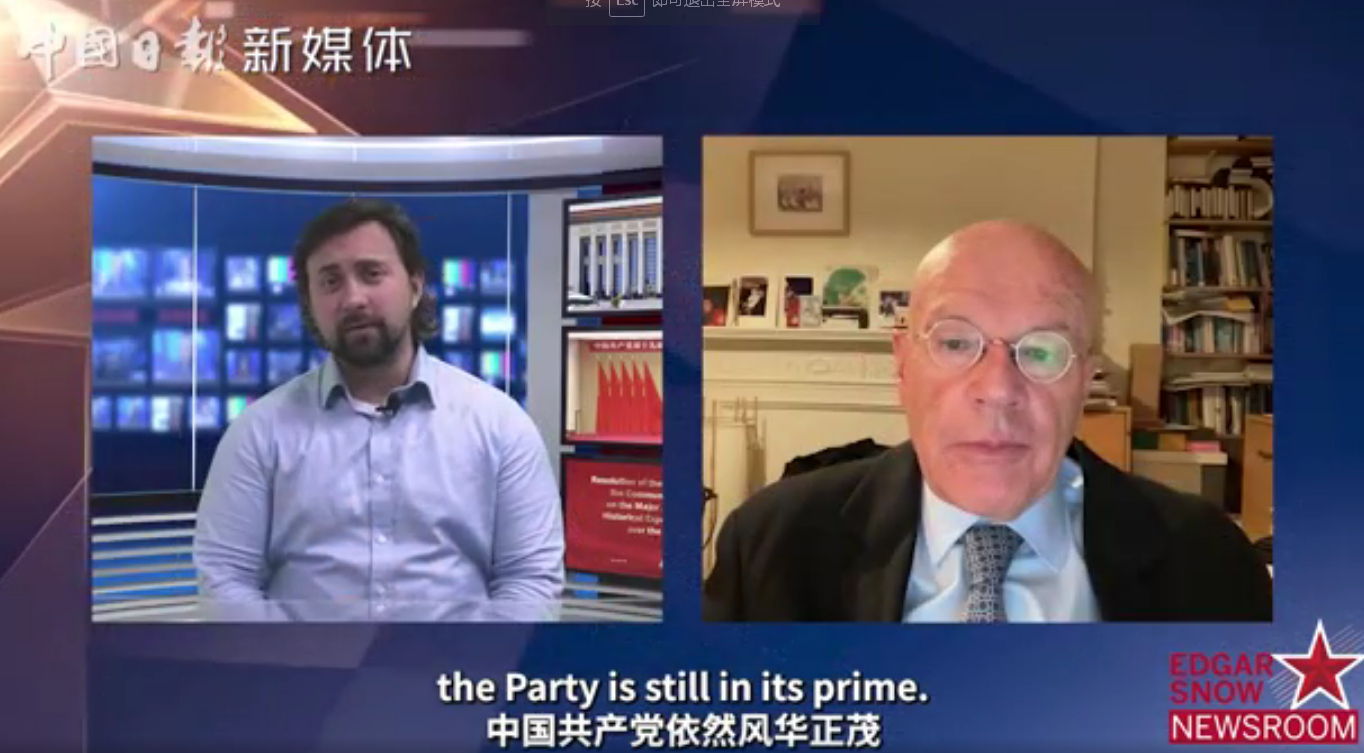
Martin Jacques: What is the secret to to the CPC's secret?
2022-01-10 -
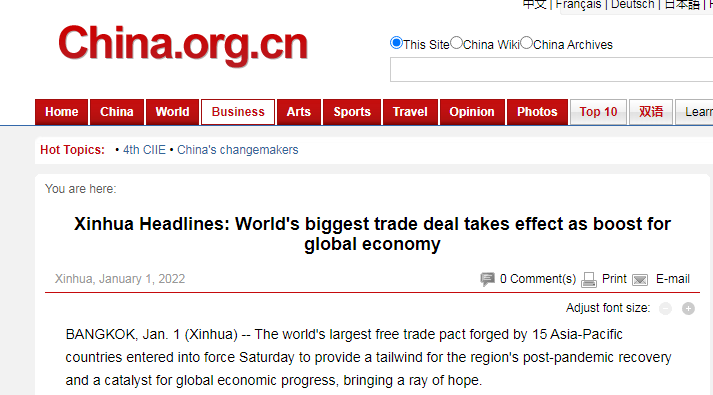
William Jones: World's biggest trade deal takes effect as boost for global economy
The world's largest free trade pact forged by 15 Asia-Pacific countries entered into force Saturday to provide a tailwind for the region's post-pandemic recovery and a catalyst for global economic progress, bringing a ray of hope.
2022-01-07 -
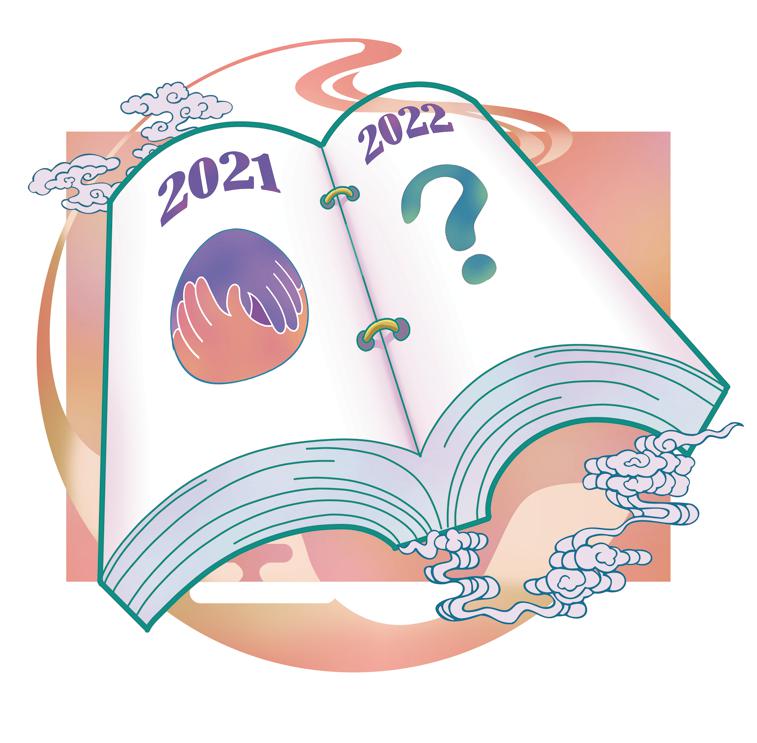
He Weiwen: Time for US to turn the page
About one year ago, on Dec 21, 2020, I wrote an article, titled "Time to Turn the Page", in anticipation of improved China-US trade relations following Joe Biden's election as US president. Disappointingly, even almost one year into Biden's presidency, this has not happened.
2022-01-07 -
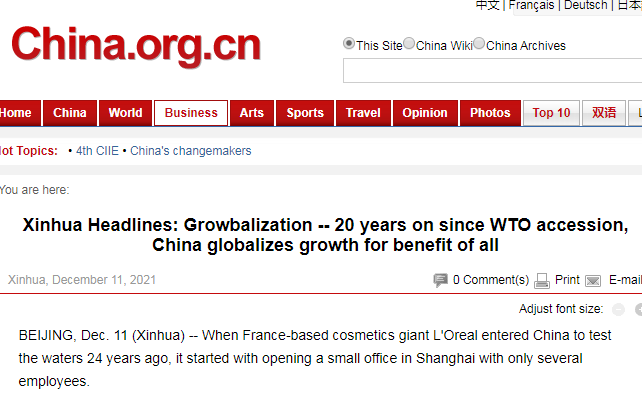
William Jones: Growbalization -- 20 years on since WTO accession, China globalizes growth for benefit of all
When France-based cosmetics giant L'Oreal entered China to test the waters 24 years ago, it started with opening a small office in Shanghai with only several employees.
2022-01-07 -
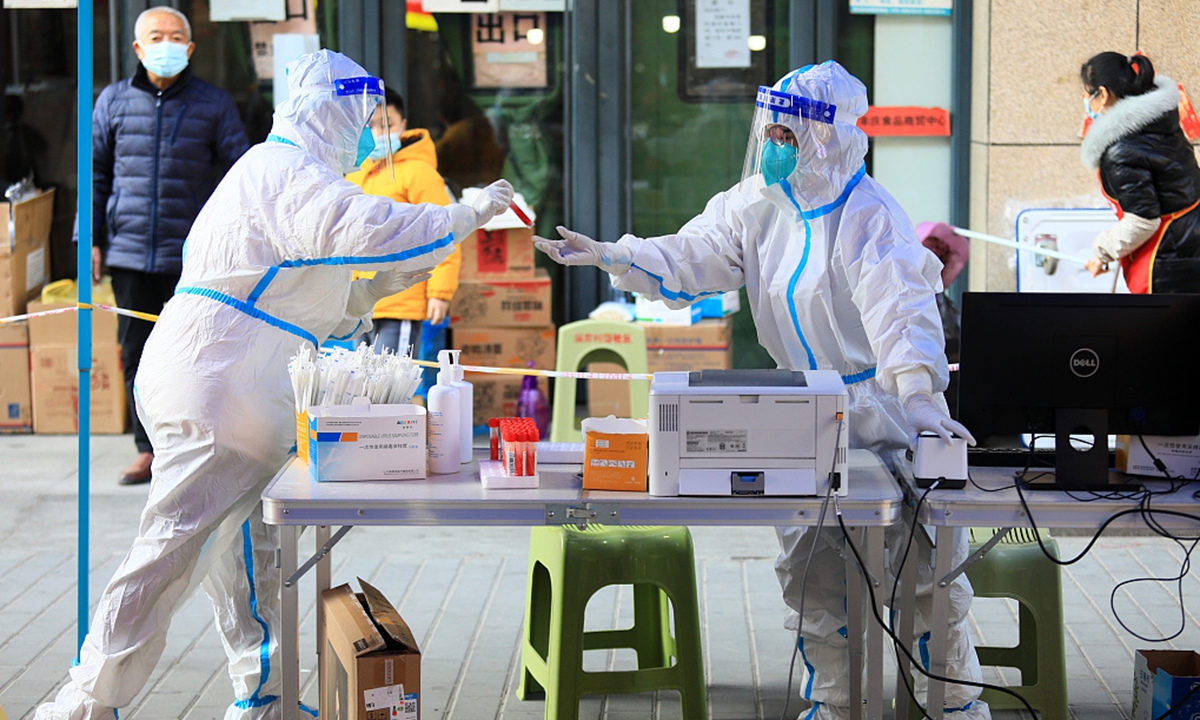
Ding Gang: Drop in Xi’an cases indicates light of hope amid hard lockdown
Xi'an, capital city of Northwest China's Shaanxi Province which was hit hard by a COVID-19 epidemic flare-up in the past weeks, saw a dim light of winning the battle against the resurgence as it reported 35 infections on Wednesday, a sharp drop from the previous day's 95 cases.
2022-01-07 -

Martin Jacques: One year later, nightmare of Capitol Insurrection still haunts hearts and minds of a divided people
January 6 will be the first anniversary of the Insurrection. Several thousand Americans from all over the country marched on Capitol Hill, the seat of American democracy, intent on occupying the building and preventing the confirmation of Joe Biden as the country's president. It had been long in the planning. Donald Trump spoke to the insurgents before they began their march, assuring them that he would be there to meet them at Capitol Hill. Steve Bannon, formerly one of Trump's closest aides, was intimately involved in the planning. It was an attempted coup d'etat in the heartland of Western democracy. It shocked a nation that had already begun to fear the worst about the future of its democracy as, prior to the election, Trump refused to say that, if defeated, he would honor the result. He was true to his silence. When the result was announced Trump refused to accept it. To this day he continues to claim that he, not Biden, won, and the election had been stolen.
2022-01-07 -
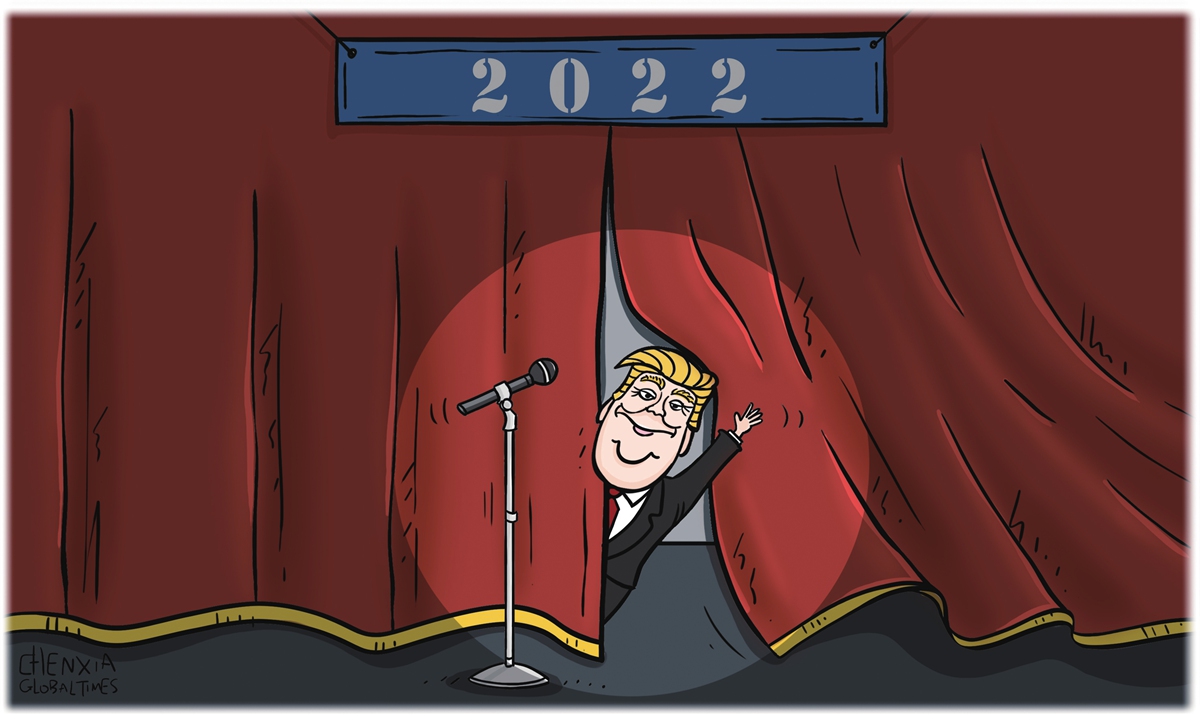
Ding Gang: Will Trump stage a comeback in 2022?
2022 is a crucial year for US politics. Many major events are set to occur, such as the mid-term elections and the handling of the Omicron rampage. There is another thing that cannot be ignored: former US president Donald Trump's comeback on social media.
2022-01-07 -
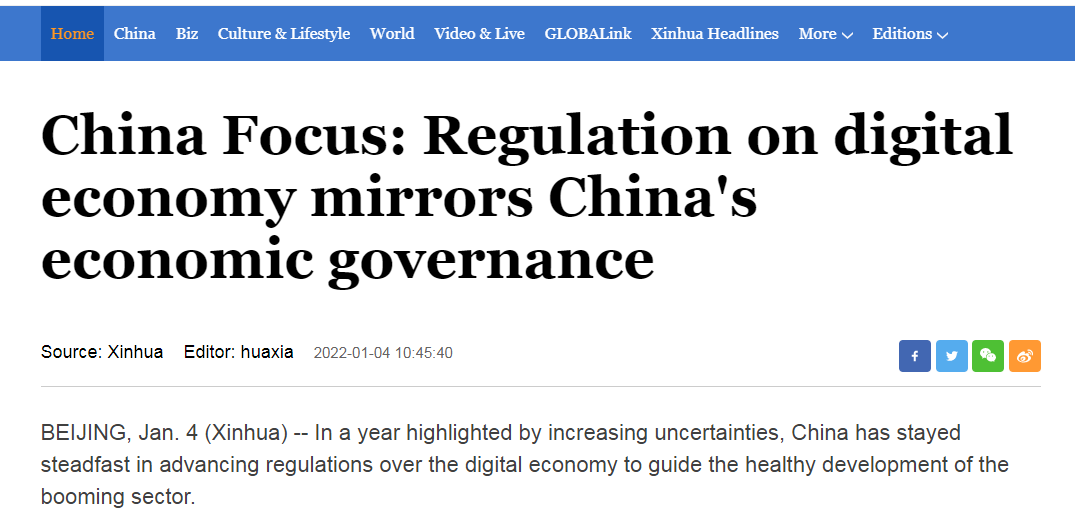
Liu Ying: China Focus: Regulation on digital economy mirrors China's economic governance
In a year highlighted by increasing uncertainties, China has stayed steadfast in advancing regulations over the digital economy to guide the healthy development of the booming sector.
2022-01-05 -
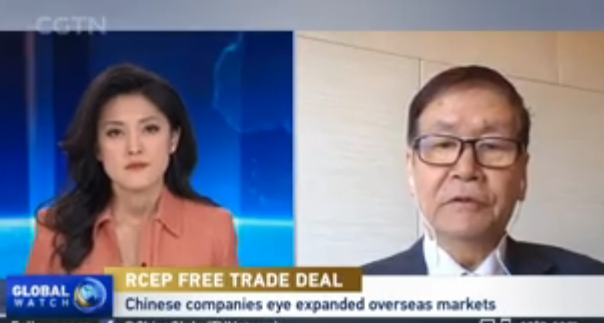
Liu Zhiqin: Deal provides more business opportunities for SW China region
The Regional Comprehensive Economic Partnership (RCEP), the world's largest trading bloc, will expand China's participation in regional industry and supply chains. Liu Zhiqin, a senior research fellow at the Chongyang Institute for Financial Studies at Renmin University of China, explains how the RCEP will redefine China's southwestern region.
2022-01-05 -
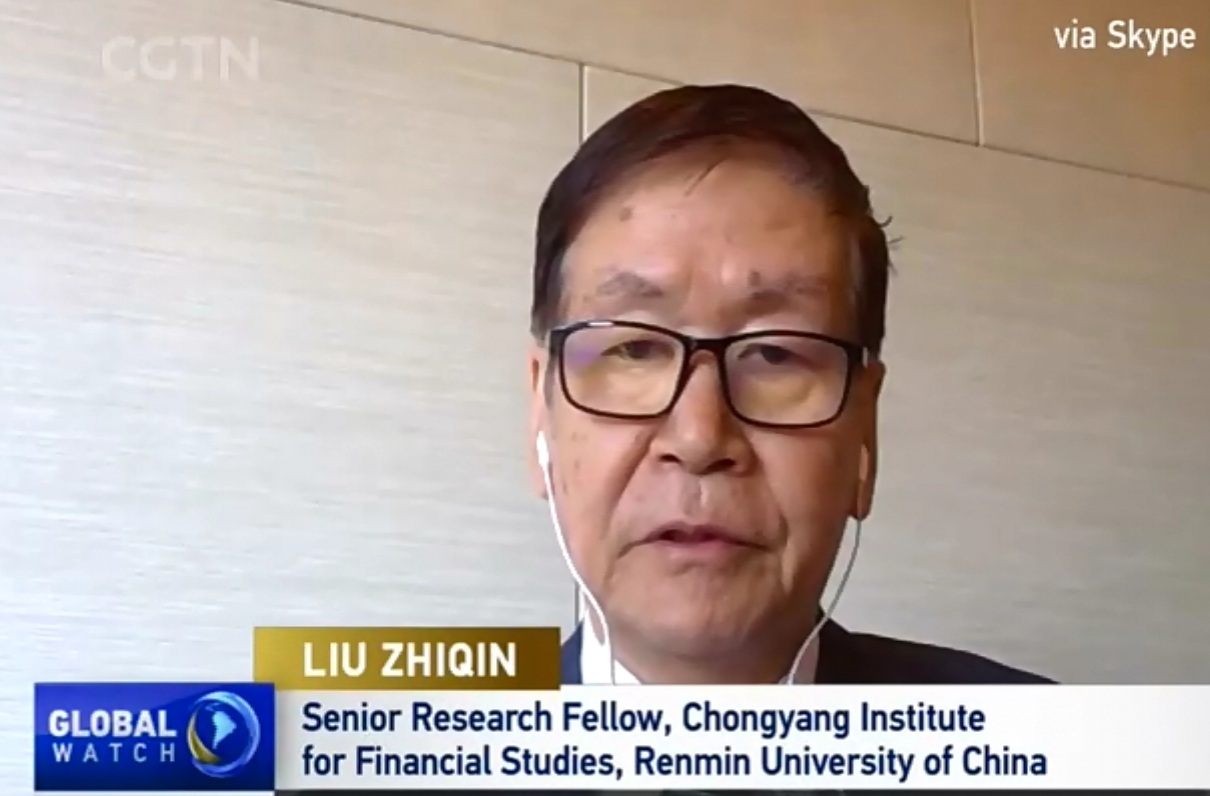
Liu Zhiqin: Views on RCEP
2022-01-04 -
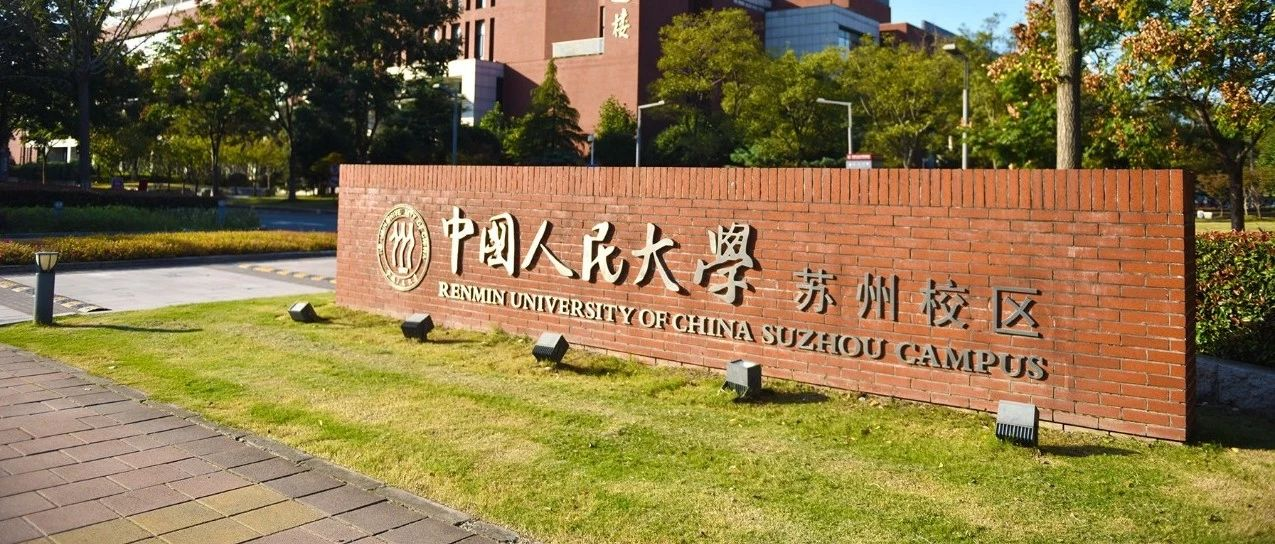
Renmin University Silk Road School 2022 Application Opens
Renmin University Silk Road School 2022 Application Opens!
2022-01-04 -
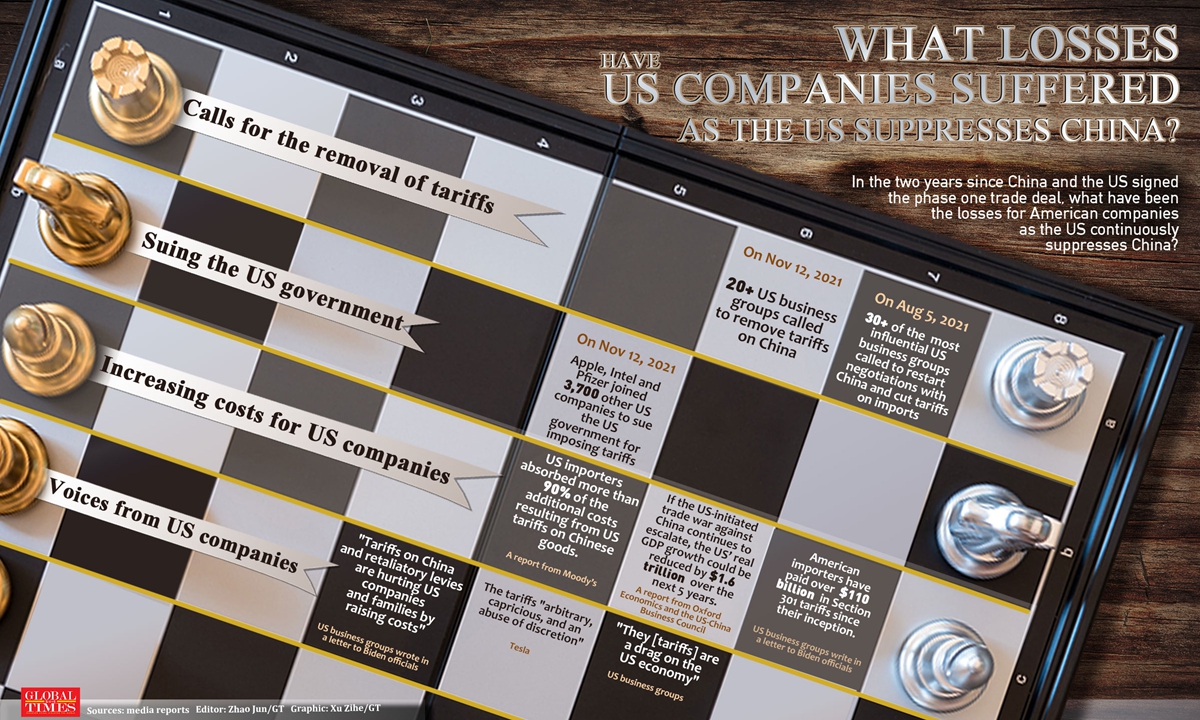
He Weiwen: What’s next for China-US after phase-one trade deal?
Nearly two years ago on January 15, 2020, China signed what is termed "phase-one" agreement with the US in the hope of ending the 22-month-old US-initiated trade deadlock, defusing a costly trade war, giving relief to businesses and reassuring the global economy.
2022-01-04 -
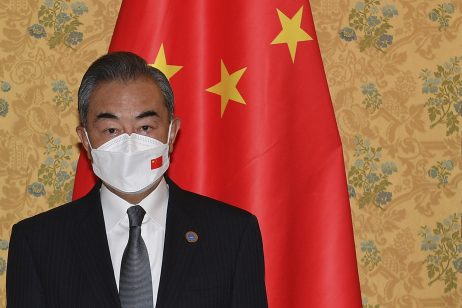
Chen Dingding: 3 Challenges for Chinese Foreign Policy in 2022
2021 was a largely successful year for Chinese foreign policy, due to China’s effective control of the COVID-19 crisis domestically, stable economic growth, and active participation in global governance, particularly in the area of climate change. As Chinese Foreign Minister Wang Yi recently commented in his overview of the year, “We celebrated the centenary of the Communist Party of China and embarked on a new journey for the second centenary. Drawing strength from its achievements in the past century, China’s diplomacy has forged ahead bravely in the game of chess and written a new chapter in major-country diplomacy with Chinese characteristics.”
2022-01-04 -
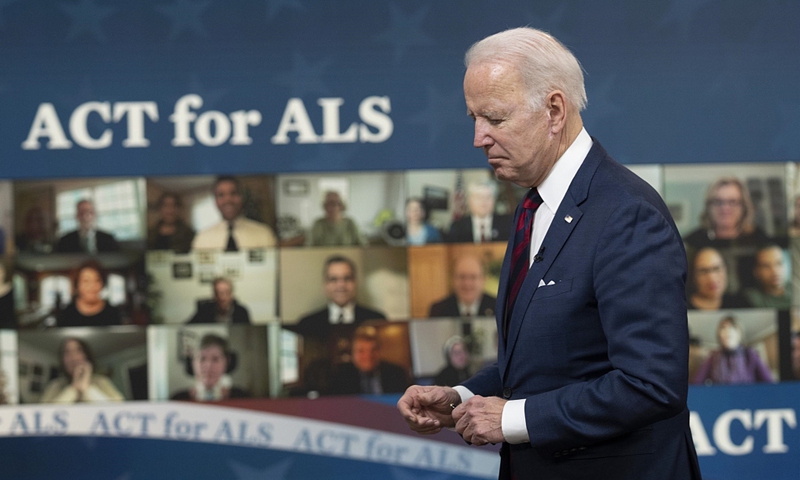
Zhao Minghao: Biden's first year ends with a more divided US
Nearly a year into his administration, US President Joe Biden's promise to "heal" the US in his inaugural address, delivered on January 20, has not been realized. The Capitol riot on January 6, together with a deep divide in the US economy and society, are still lingering in the Biden administration. The 117th US Congress shows an intensified neo-tribalism in the US society. Besides political infightings with Republicans, Biden has to struggle with some members in his own party, the Democratic Party.
2021-12-30 -
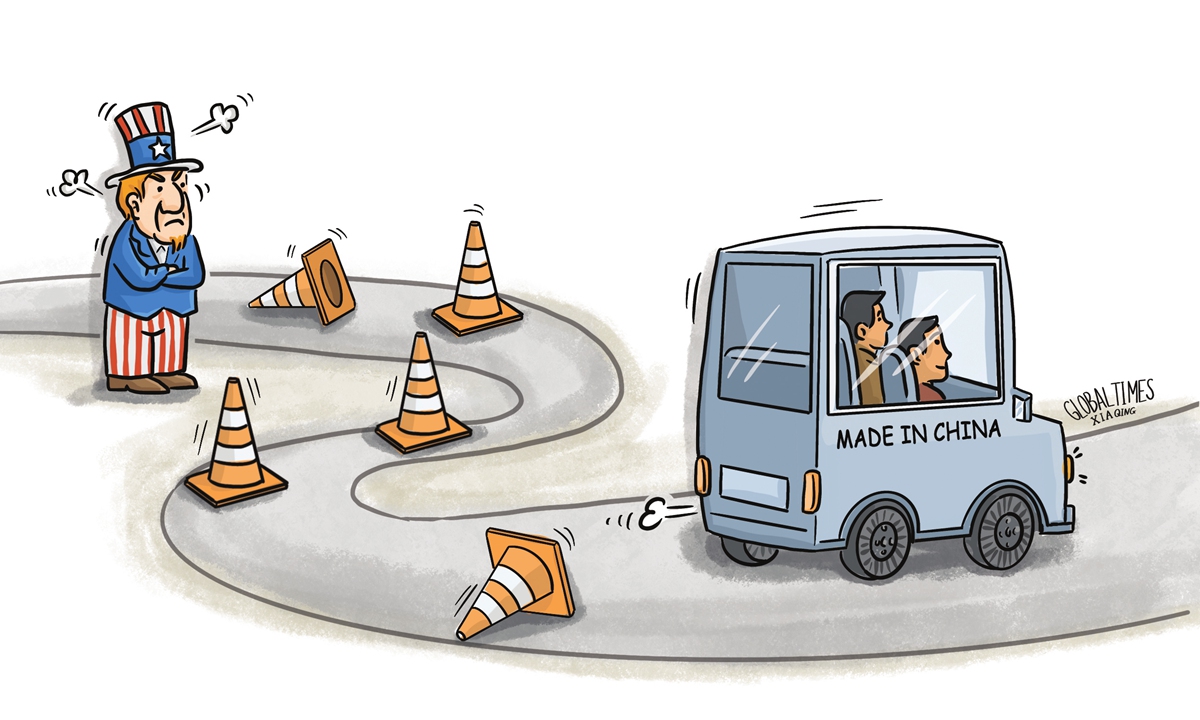
Ding Gang: China resilient despite US ‘policing’ of supply chains
The US has continuously escalated its global siege of Chinese manufacturing.
2021-12-30 -
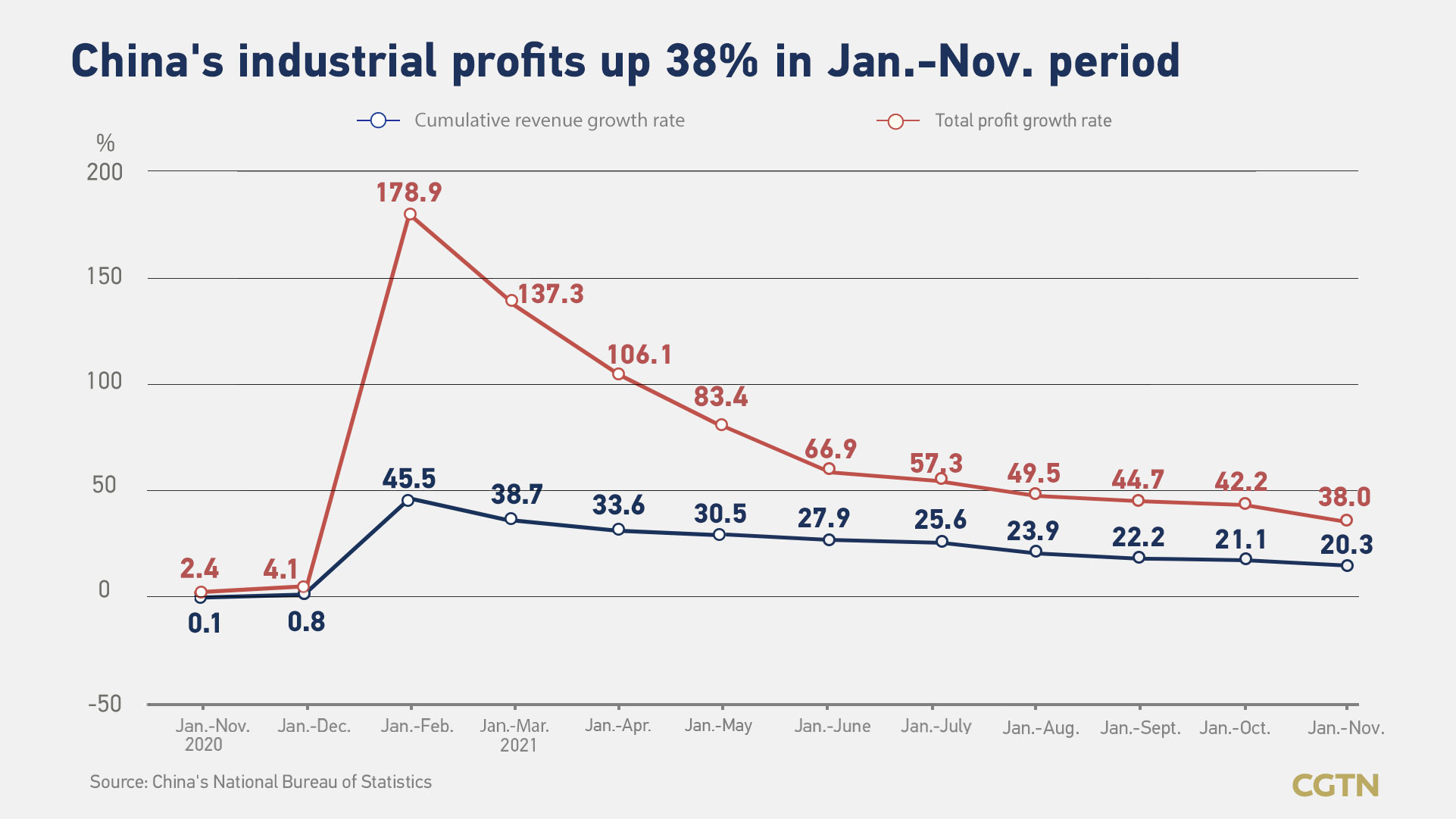
Liu Zhiqin: China's industrial profits growth slows to 9% year on year in November
China's industrial profits in November grew by 9 percent compared with a year earlier and slower than the previous month, data from the National Bureau of Statistics (NBS) showed on Monday.
2021-12-29 -
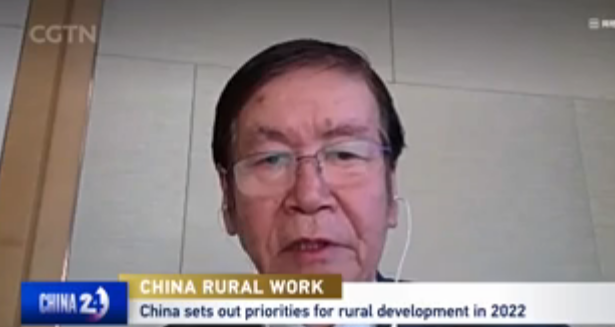
Liu Zhiqin: China Rural Work: China sets out priorities for rural development in 2022
China's central rural work conference was held this past weekend, with the country's leaders discussing important rural issues, the state of agriculture and the needs of farmers. Officials also mapped out a development plan for next year. Ahead of the conference, Chinese President Xi Jinping reiterated the need to stabilize the agricultural sector, and ensure the nation's food security. He called for more efforts to guarantee stability in agricultural production. The Chinese leader says ensuring the supply of primary products should be a priority, and that it is crucial that the country has firm control over its own food supply. Wang Siwen reports.
2021-12-29 -
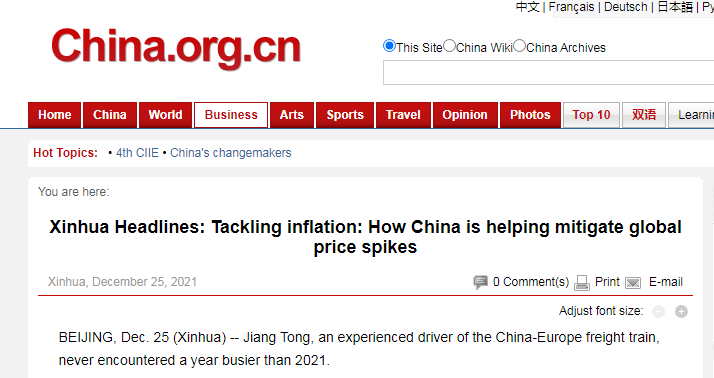
Liao Qun: Tackling inflation: How China is helping mitigate global price spikes
Jiang, responsible for the section between southwest China's Chongqing and Dazhou of Sichuan, said his workload surged amid the COVID-19 pandemic. "Earlier, we could take a six-hour break after the arrival of the train in Dazhou, but now the instruction to return comes upon our arrival."
2021-12-28 -
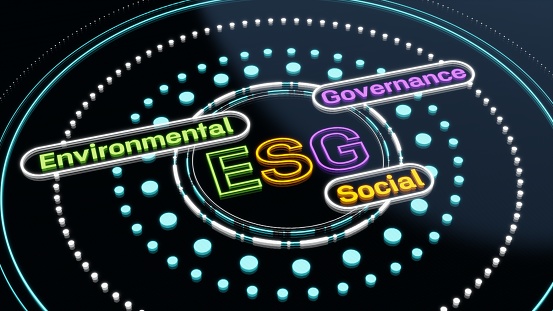
Djoomart Otorbaev: ESG investments are taking over the world. What is going on?
Editor's note: Djoomart Otorbaev is the former Prime Minister of the Kyrgyz Republic, a distinguished professor of the Belt and Road School of Beijing Normal University, and a member of Nizami Ganjavi International Center. The article reflects the author's opinions and not necessarily the views of CGTN.
2021-12-28 -
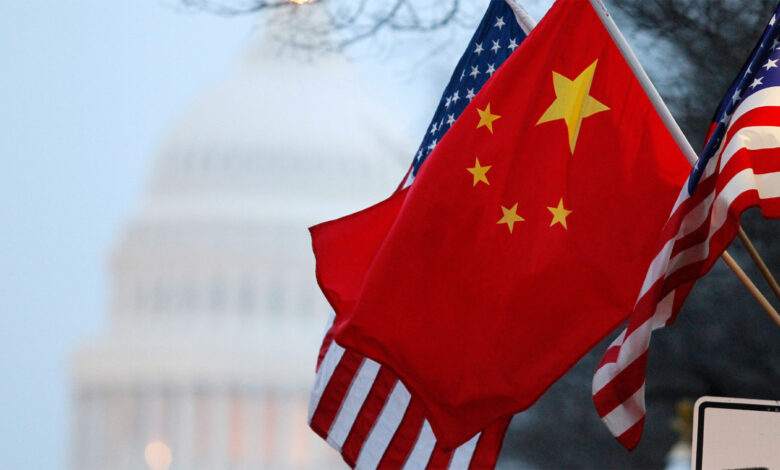
【People News】America Vs China: The Ideological War On Democracy
China has challenged the ideological challenge of the usefulness and relevance of Western democracy. that will ever happen, Very few people would have guessed this in the West until recently. China to its system ,Chinese type of socialism says. He has tried to prove his system better than American-style democracy by calling his system a total process democracy. This argument was formulated in its pamphlet by the Chongyang Institute for Financial Studies, a think tank based at China’s Renmin University. The name of that bookTen questions from American democracy Kept.
2021-12-27
























































































 京公网安备 11010802037854号
京公网安备 11010802037854号





